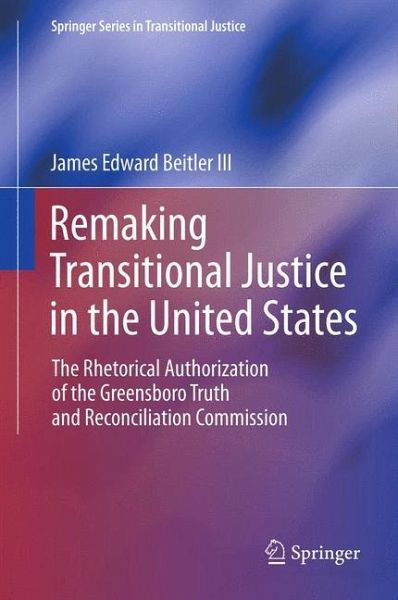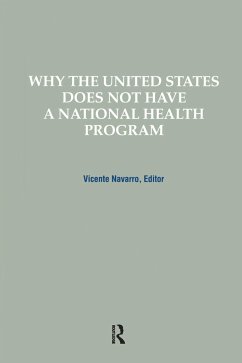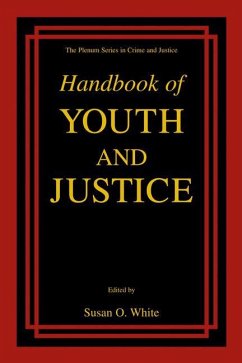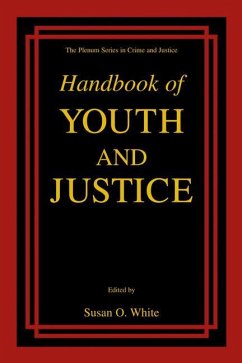
Remaking Transitional Justice in the United States
The Rhetorical Authorization of the Greensboro Truth and Reconciliation Commission
Versandkostenfrei!
Versandfertig in 6-10 Tagen
76,99 €
inkl. MwSt.
Weitere Ausgaben:

PAYBACK Punkte
38 °P sammeln!
Remaking Transitional Justice in the United States: The Rhetoric of the Greensboro Truth and Reconciliation Commission explores rhetorical attempts to authorize the Greensboro Truth and Reconciliation Commission-a grassroots, U.S.-based truth commission created in 2004 toredress past injustices in the city. Through detailed rhetorical analyses, the book demonstratesthat the development of the field of transitional justice has given rise to a transnational rhetorical tradition that provides those working in the field with series of "enabling constraints." The book then shows how Greensboro stak...
Remaking Transitional Justice in the United States: The Rhetoric of the Greensboro Truth and Reconciliation Commission explores rhetorical attempts to authorize the Greensboro Truth and Reconciliation Commission-a grassroots, U.S.-based truth commission created in 2004 toredress past injustices in the city. Through detailed rhetorical analyses, the book demonstratesthat the development of the field of transitional justice has given rise to a transnational rhetorical tradition that provides those working in the field with series of "enabling constraints." The book then shows how Greensboro stakeholders attempted to reaccentuate this rhetorical tradition in their rhetorical performances to construct authority and bring about justice, even as the tradition shaped their discourse in ways that limited the scope of their responses. Calling attention to the rhetorical interdependence among practitioners of transitional justice, this study offers insights into the development of transitional justice in the United States and in grassroots contexts in other liberal democracies. The volume is a relevant guide to scholars and practitioners of transitional justice as it brings into relief mechanisms of transitional justice that are frequently overlooked-namely, rhetorical mechanisms. It also speaks to any readers who may be interested in the communicative strategies/tactics that may be employed by grassroots transitional justice initiatives.














